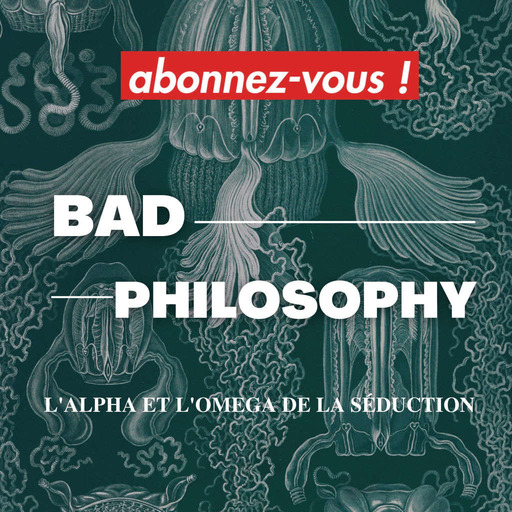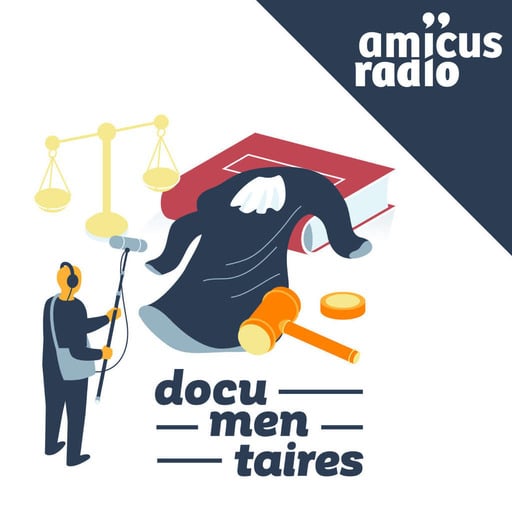Summary
Hugh Wilford joins Andrew (X; LinkedIn) to discuss his new book. Hugh is a professor, author, and leading CIA historian.
What You’ll Learn
Intelligence
- Imperial influences on American intelligence
- Key figures in CIA history
- “Wild” Bill Donovan & British influence
- Groton School’s impact on CIA leaders
Reflections
- Inherited history
- Challenging established narratives
And much, much more …
Resources
SURFACE SKIM
*Spotlight Resource*
- The CIA: An Imperial History, Hugh Wilford (Basic Books, 2024)
*SpyCasts*
- The British Monarchy and Secret Intelligence with Rory Cormac and Richard Aldrich (2024)
- The Past 75 Years with Historian of the CIA Rhodri Jeffreys-Jones (2022)
- The 75th Anniversary of the CIA with former Director Robert Gates (2022)
DEEPER DIVE
Books
- A Question of Standing: The History of the CIA, R. Jeffreys-Jones (Oxford University Press, 2022)
- Spymasters: CIA Directors, C. Whipple (S&S, 2020)
- A Brief History of the CIA, R. Immerman (Wiley, 2014)
Primary Sources
- Sherman Kent Obituary (1986)
- Maj. Gen. Edward G. Lansdale to go to South Vietnam (1965)
- CIA Review of the World Situation (1947)
- Lester to Truman re Centralized Intelligence (1947)
- National Security Act (1947)
- Intelligence Remarks of Major General William J. Donovan (1946)
*Wildcard Resource*
- Kim (1901) by Rudyard Kipling
- As Hugh mentions in this interview, this book was the inspiration behind Kermit Roosevelt Jr.’s nickname, Kim. Harold Adrian Russell Philby, the infamous member of the Cambridge Spy Ring better known as Kim Philby, took inspiration from the same source.
Learn more about your ad choices. Visit megaphone.fm/adchoices


 Emissions
Emissions











